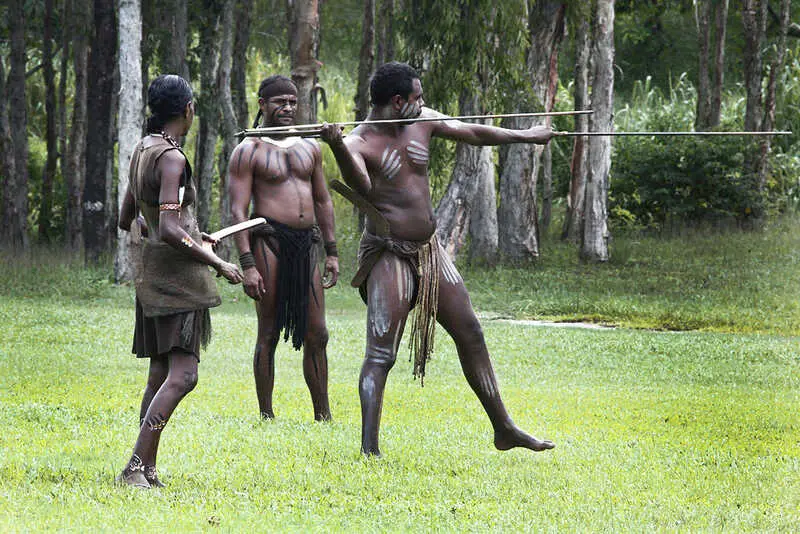English-Speaking Countries | Topic: Aboriginal Australians
Table of Contents
Introduction
Aboriginal Australians, often referred to as Indigenous Australians, are the original inhabitants of the Australian continent. Their ancestry and culture stretch back tens of thousands of years, making them one of the oldest continuous cultures in the world. They have a deep spiritual, cultural, and physical connection to the land.
How Long Have Aboriginal Australians Lived in Australia?
It is widely accepted that Aboriginal people have lived in Australia for at least 40,000 to 45,000 years, with some estimates suggesting their presence may go back as far as 80,000 years. Throughout this vast span of time, they developed sophisticated societies based on nomadic lifestyles, hunting and gathering, and oral traditions.

Origins of Aboriginal Australians
The origin of Aboriginal Australians has fascinated scientists and historians for centuries.
- They are believed to be part of the earliest waves of human migration out of Africa.
- While they likely traveled through Southeast Asia, there is no clear genetic link to Asian or Polynesian populations.
- Their arrival in Australia likely involved sea crossings, making them some of the first ocean navigators in human history.
British Settlement and Its Impact
When the British settlers arrived in 1788, the consequences for Indigenous Australians were catastrophic:
Disease
European settlers brought with them epidemic diseases such as smallpox, measles, chickenpox, and influenza.
These diseases spread rapidly and devastated communities that had no immunity, often preceding direct contact with settlers.
Land Dispossession
British settlers saw Aboriginals as nomads who didn’t “own” land in the European sense.
- They appropriated land and water resources for farming and grazing.
- Aboriginal communities were forcibly removed from their traditional territories, causing the collapse of cultural, spiritual, and social structures.
Cultural Loss
Indigenous Australians had a deep spiritual connection to the land. Losing their ancestral lands often meant losing:
- Access to traditional foods and water
- Sacred sites essential for cultural and spiritual practices
- The ability to transmit traditions, stories, and languages to younger generations
10 Key Vocabulary from This Post
| Word | Definition | Example |
|---|---|---|
| Indigenous | Originating in a particular place; native | Aboriginal Australians are the Indigenous people of Australia. |
| Nomad | A person who moves from place to place | They lived as nomads, following food sources. |
| Hunter-gatherer | A person who gets food by hunting and collecting | Aboriginal societies were hunter-gatherers. |
| Epidemic | A widespread outbreak of disease | Smallpox epidemics killed many Indigenous Australians. |
| Appropriation | Taking something without permission | The settlers’ appropriation of land led to suffering. |
| Spiritual | Related to religion or the soul | They had a spiritual connection to the land. |
| Dispossession | Being stripped of land or possessions | The colonists caused widespread dispossession. |
| Oral tradition | Knowledge passed by word of mouth | History was preserved through oral tradition. |
| Ancestry | One’s family origins | Aboriginal people have ancient ancestry in Australia. |
| Cohesion | The act of sticking together; unity | Cultural practices helped preserve group cohesion. |
FAQs About Aboriginals
What does “Aboriginal Australian” mean?
It refers to the Indigenous people whose ancestors lived in Australia before British colonization.
How long have indigenous Australians lived in Australia?
At least 40,000 to 45,000 years, possibly up to 80,000 years.
What happened to Aboriginal Australians after European colonization?
They faced massive population loss due to disease, land dispossession, and cultural disruption.
Why is land important to Aboriginal people?
The land is central to their spirituality, identity, and culture.
Are Aboriginal Australians still present today?
Yes. There are over 800,000 Aboriginal and Torres Strait Islander people in modern-day Australia.
What is the Dreamtime?
It is the Aboriginal spiritual belief system that explains the origins of the world and their culture.
How do Aboriginal Australians preserve their culture today?
Through storytelling, ceremonies, language revival, art, and land care practices.
Quiz: Aboriginal Australians
Select the correct answer:
- What term describes the original people of Australia?
- A) Colonists
- B) Natives
- C) Indigenous
- D) Tourists
- Approximately how long have Aboriginal Australians lived in Australia?
- A) 2,000 years
- B) 15,000 years
- C) 40,000–80,000 years
- D) 500 years
- What was the major cause of death after European contact?
- A) Wars
- B) Starvation
- C) Wild animals
- D) Disease
- Aboriginal societies were mainly:
- A) Agriculturalists
- B) Urban dwellers
- C) Hunter-gatherers
- D) Industrial workers
- What impact did land appropriation have on Aboriginal communities?
- A) Increased farming
- B) Strengthened culture
- C) Led to dispossession and collapse of traditions
- D) Helped economic growth
- What is one major spiritual belief system of Aboriginal Australians?
- A) Christianity
- B) Buddhism
- C) Dreamtime
- D) Taoism
- Aboriginal Australians are genetically linked to:
- A) Polynesians
- B) Africans through early migration
- C) Europeans
- D) Native Americans
2 → C) 40,000–80,000 years
3 → D) Disease
4 → C) Hunter-gatherers
5 → C) Led to dispossession and collapse of traditions
6 → C) Dreamtime
7 → B) Africans through early migration
More about this topic on Wikipedia
Related Pages
Here are more pages about Australia:


